
Action research or case study?
When planning for a practice-based enquiry or small-scale study you will most often be confronted with the choice between an action research or case study approach. Here is a simplified exploration to get you started.

Manage behaviour in lessons
One of the most daunting aspects for new teachers is to manage behaviour in lessons. The dynamics of the classroom and the teacher's personality are probably key to how much classroom management you will need to do and which strategies you can use. However, there are some basic rules that you should consider and that will help you manage behaviour in your lesson.
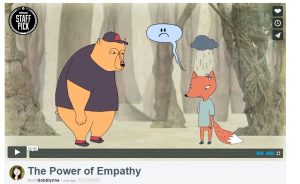
Teaching empathy
Teaching empathy is crucial if students are to understand empathy as a concept in order to be able to demonstrate historical empathy, for example. Here is a useful resource.
Lesson plan templates
Download a lesson plan from here
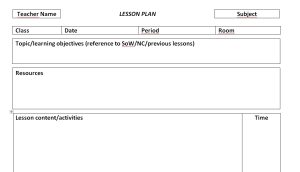
Lesson planning – some recommendations
When observing experienced teachers in lessons or when looking at their lesson plans, the lesson planning process appears easy. However, once you start planning your first lesson you will soon realise that there are many aspects that you must take into consideration. Here are some recommendations to get you started.
Methodology and methods – what are they?
When preparing a practice-based enquiry or research you will need to ask yourself how you will answer your research question or test your hypothesis. The methodology and methods section of a proposal or write-up lays out these ground rules and approaches you take.
Grid for systematic reading
Download a grid for systematic reading from here.
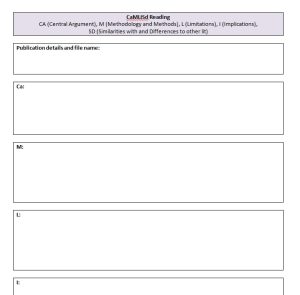
Systematic reading to prepare a literature review
If you read a great range of articles you may find that you cannot remember who said what when and where. Therefore, a systematic approach to reading and taking notes is necessary. It may be helpful to apply the "CaMLISd" grid.
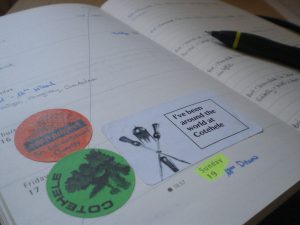
Writing entries in a reflective journal
Writing entries for a reflective journal is often a daunting aspect of teacher training, as we are not used to writing diaries. Here are some thoughts on how to get started with writing reflections.
Plagiarism
What is plagiarism? What are the consequences of plagiarism? What can you do to avoid plagiarising work? A brief introduction.
Proofing and editing
At University level you are expected to have checked, re-checked, edited and proofed your assignment several times. Each time you read through your work you should focus on a different aspect of your writing.
Referencing and bibliography
A good essay acknowledges all the sources used. Read here about referencing and bibliographies.

Writing a good academic essay
Consider some key elements when writing an academic essay: structure, language, use of sources.
Action plan template
Download an action plan from here
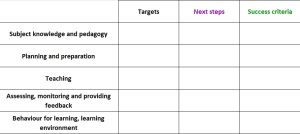
Writing an action plan
How to write an action plan in order to improve teaching practice. An action plan should include targets, next steps and success criteria for it to be meaningful.
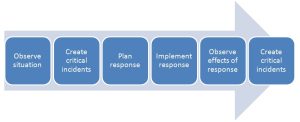
Critical incidents according to Tripp
This is a brief outline of what Tripp considers as critical incidents.